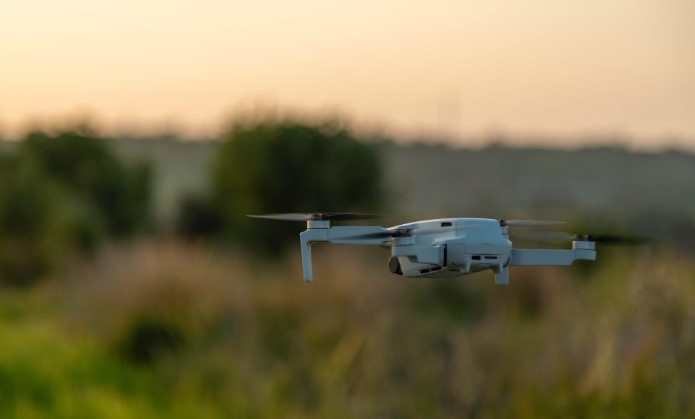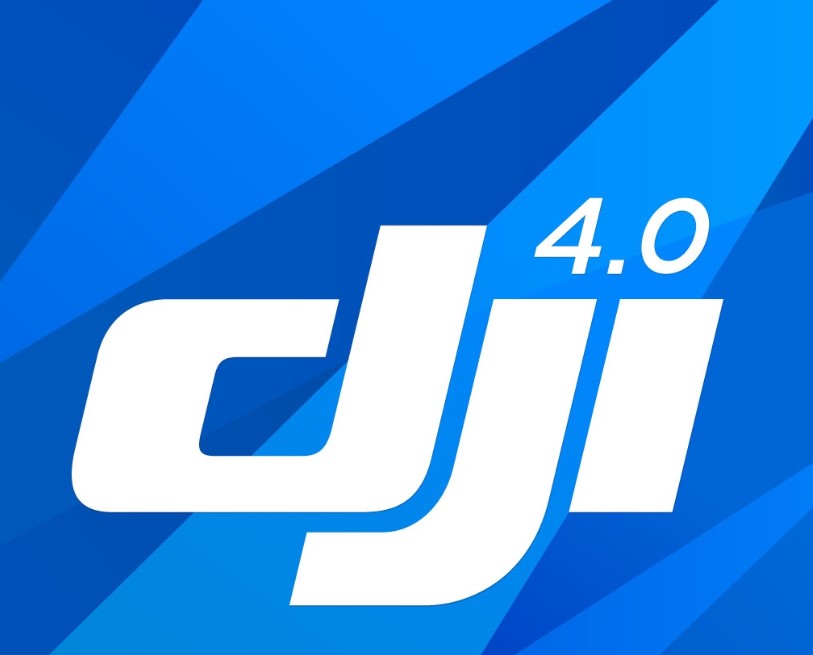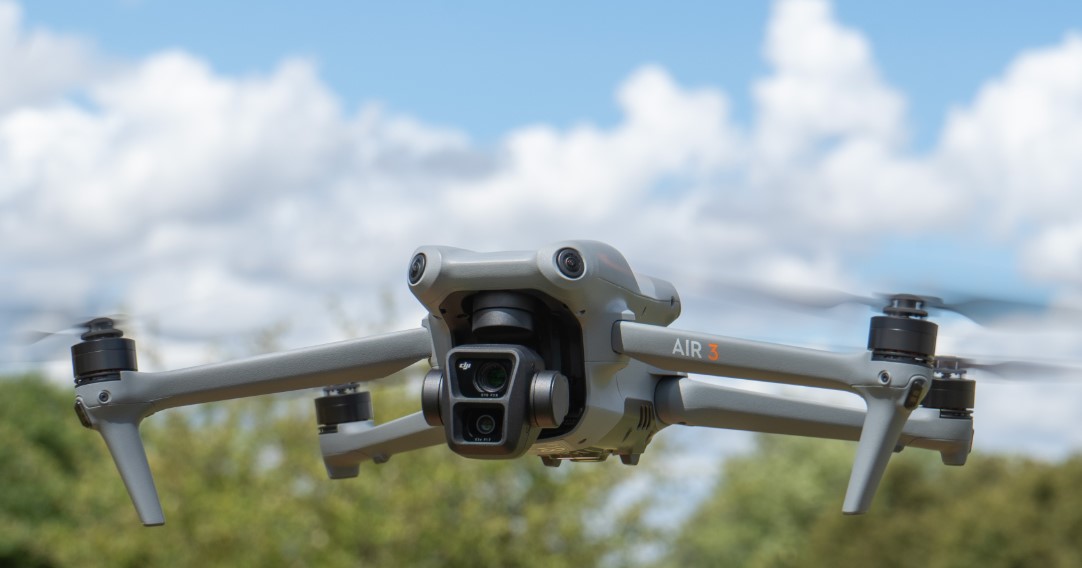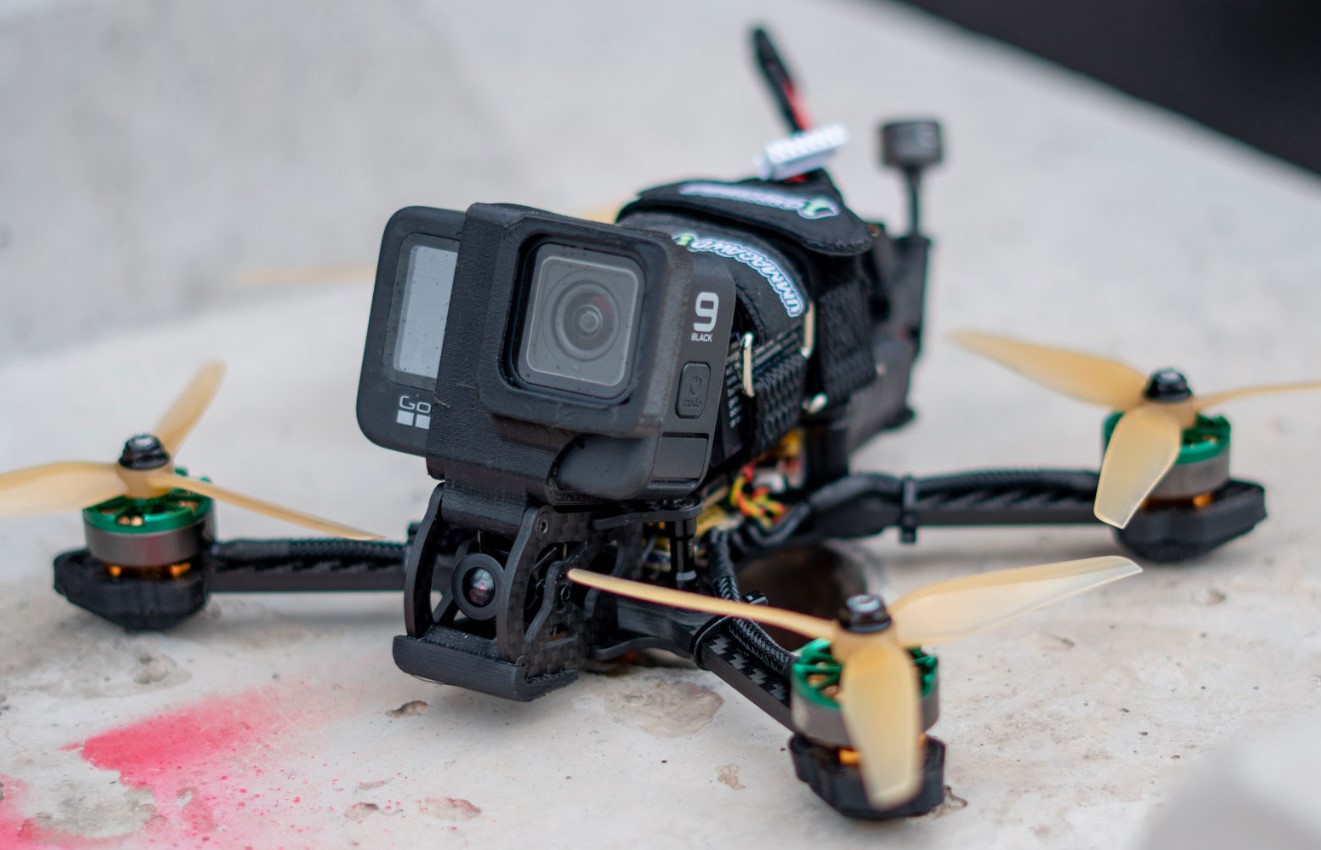With the growing popularity of drones for personal, professional, and recreational use, the question of legality in major cities like London has become a topic of interest. Whether you are a hobbyist pilot, a professional photographer, or someone considering using drones for commercial purposes, understanding the legal framework surrounding drone use in London is essential. This article provides an in-depth look at the regulations, guidelines, and best practices for flying drones in the UK’s capital city. Follow Dronevoz.com !!!
Understanding Drone Legality in London
Drones are legal in London, but their use is subject to strict regulations to ensure public safety, protect privacy, and minimize disruptions. The UK Civil Aviation Authority (CAA) oversees drone operations across the country, including London, under the Air Navigation Order (ANO).
The framework governing drone use includes requirements for registration, safety precautions, and compliance with airspace restrictions. Non-compliance can lead to severe penalties, including fines and imprisonment, emphasizing the importance of understanding these rules before taking your drone to the skies.
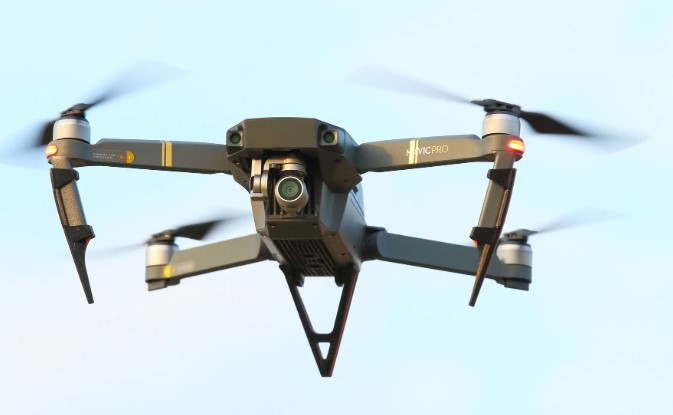
Registration Requirements for Drone Pilots
Anyone wishing to fly a drone in London must register with the CAA, regardless of whether the drone is being used for personal or commercial purposes. The CAA has introduced the following requirements for drone operators:
- Operator ID: If you are responsible for a drone, you need an Operator ID. This must be displayed on your drone.
- Flyer ID: Individuals who intend to fly a drone must obtain a Flyer ID, which involves passing an online theory test covering safety rules and best practices.
Both IDs are valid for one year and can be renewed. Failure to register and follow these requirements can result in fines of up to £1,000.
Drone Categories and Permissions
The type of drone you use and its purpose influence the permissions you need. Drones in the UK are classified into three categories based on their weight and intended use:
- Open Category: This includes low-risk operations with drones weighing less than 25kg. Most hobbyist drones fall under this category.
- Specific Category: For medium-risk operations that require additional authorization, such as flying in restricted areas.
- Certified Category: For high-risk operations, including those involving heavy drones or sensitive areas.
In London, most recreational and professional pilots operate within the Open or Specific categories.
>>> Read: Is Drone Allowed in Bali? Drone Laws in Bali
Where Can You Fly a Drone in London?
Drone pilots must be mindful of airspace restrictions in London. The city is home to several airports, government buildings, and densely populated areas, making it one of the most controlled airspaces in the UK.
- Restricted Zones:
- Heathrow and City Airports: Operating a drone near these major airports requires special permission.
- Central London: Due to high population density and the presence of iconic landmarks, flying in Central London is heavily restricted.
- Permission to Fly:
- In restricted zones, you must obtain authorization from the CAA or the air traffic control managing the area.
- Additional permissions may be required if flying over private property or near sensitive sites.
- Designated Areas for Drones:
- Parks and Open Spaces: Some parks in London, such as Hampstead Heath and Richmond Park, allow drones with prior approval. Always check local council regulations before flying.
Safety Guidelines for Drone Use in London
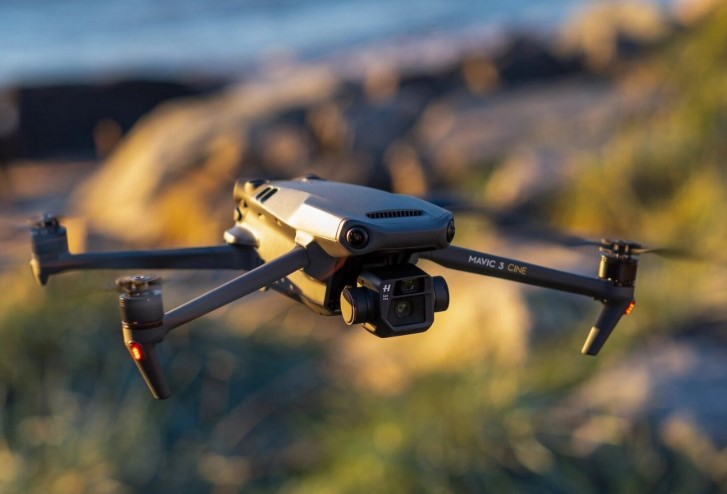
The CAA has established a “Drone Code” to ensure safety and compliance. Key rules include:
- Maintain Line of Sight: Always keep your drone within your line of sight.
- Height Limit: Drones must not exceed 120 meters (400 feet) in altitude.
- Distance from People and Property: Maintain at least 50 meters distance from people, buildings, and vehicles not involved in the operation.
- Prohibited Areas: Avoid flying near schools, hospitals, and large public gatherings.
- Weather Conditions: Only fly during daylight hours and in favorable weather conditions to maintain control and visibility.
Commercial Drone Operations in London
Commercial drone operators face additional requirements. Businesses using drones for services like photography, surveying, or deliveries must:
- Obtain a GVC (General Visual Line of Sight Certificate): This certification demonstrates your knowledge of drone regulations and safety procedures.
- Apply for an Operational Authorization: Submit an application to the CAA for permission to conduct specific commercial operations.
- Insurance: Ensure your operations are covered by public liability insurance to protect against potential damages.
Commercial operators must adhere to stricter standards, as their activities often involve higher risks and more complex operations.
Penalties for Non-Compliance
Operating a drone unlawfully in London can result in serious consequences. Violations such as flying in restricted zones, exceeding height limits, or compromising privacy can lead to:
- Fines up to £2,500 for minor infractions.
- Criminal charges and imprisonment for endangering aircraft or people.
- Confiscation of your drone and a ban from future operations.
The CAA, local councils, and law enforcement agencies work together to monitor drone activity and enforce regulations.
>>> Read: Is Drone Allowed in Airport? Country-Specific Regulations
Emerging Trends and Challenges
The rise of drones in London has prompted debates about balancing innovation with public safety. Key trends and challenges include:
- Drone Deliveries: Companies like Amazon are exploring drone delivery services, requiring adaptations to current regulations.
- Anti-Drone Technology: Airports and security agencies are adopting systems to detect and neutralize unauthorized drones.
- Education and Awareness: Initiatives are underway to educate the public about safe and legal drone use.
Conclusion
Drones are legal in London, but their use is governed by a robust legal framework designed to ensure safety, protect privacy, and maintain public order. By understanding and adhering to these regulations, drone pilots can enjoy the benefits of this technology without risking penalties or endangering others.
Whether you are a casual hobbyist or a professional operator, staying informed about the rules is crucial. Always check for updates to regulations, as the dynamic nature of drone technology and its applications may lead to changes in the legal landscape. Flying responsibly not only enhances your experience but also contributes to a safer and more harmonious environment for all.
With proper preparation and compliance, the skies over London remain accessible for lawful drone enthusiasts. Happy flying!
